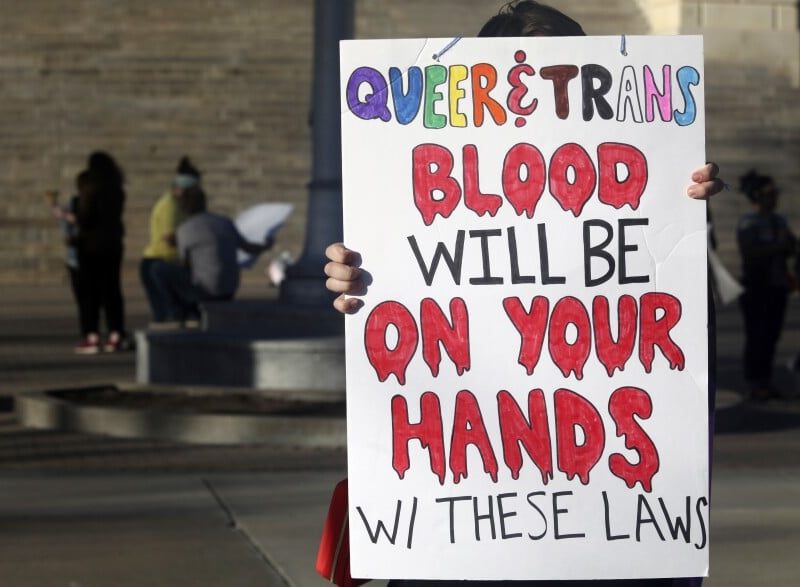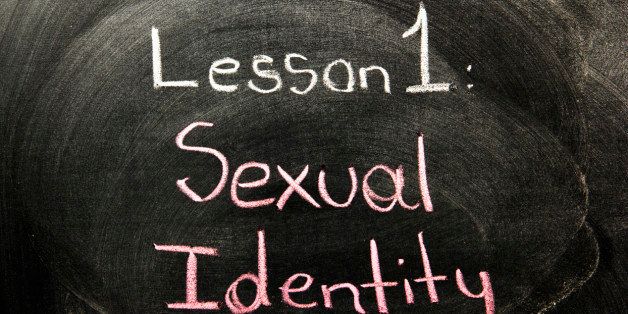
As the COVID-19 pandemic spread across the world, legally mandated restrictions promoting public health followed suit. To this day, we continue to be advised to maintain physical distancing, to work from home where possible, or, in some places, not leave our homes at all. These restrictions have inevitably made me think about the concept of safety. On the one hand, staying inside one’s home naturally increases safety in relation to the spread of this life-threatening virus. On the other hand, what about the danger from domestic violence that many people face inside the home?
Domestic violence is an ongoing global crisis. The World Health Organization estimates that about one-third of all women globally experience physical or sexual violence from an intimate partner during their lifetime. This is a shocking statistic, worsened when you appreciate that the prevalence of violence is even higher in women’s lives when you account for domestic and family violence perpetrated by other family members. Perhaps unsurprisingly, soon after the first COVID-19 related lockdowns and curfews were implemented, reports about steep increases in domestic violence followed. For example, during February 2020, at the height of the crisis in China, the number of domestic violence reports tripled compared to February 2019. In Kosovo, the Ministry of Justice recorded a one hundred percent increase in domestic violence in one city after the pandemic broke out and a 17% increase in cases overall, compared with the same time period in 2019.
Domestic and family violence is a crisis for LGBTIQ people, too. In our report “Violence Through the Lens of Lesbian and Bisexual Women and Trans People in Asia,” OutRight established that it is the most common form of violence that LGBTIQ people experience.
So with the onset of COVID-19 lockdowns, we feared what the impact would be on LGBTIQ people stuck at home or LGBTIQ people having to return to family homes after job loss. We know that LGBTIQ people are disproportionately represented in the informal sector; that we already experience barriers to accessing healthcare; and that there is a history of blaming LGBTIQ people for crises ranging from the Haiti earthquake to Hurricane Katrina or the Ebola outbreak. And so, we immediately set out to understand how LGBTIQ people globally were affected by this pandemic.
On May 7th, we released our research findings in a new report, “Vulnerability Amplified: The Impact of the COVID-19 Pandemic on LGBTIQ People”. Our findings confirmed our suspicions and opened our eyes to just how much more vulnerable an already vulnerable section of society becomes during a pandemic. Indeed, domestic and family violence rang loud and clear in the results. The degree to which physical safety is compromised for LGBTIQ people during COVID-19 is evident in nearly every interview we conducted. Interviewees reported either feeling at increased risk themselves or knowing others at increased risk of violence and abuse within their homes due to forced cohabitation with unsupportive, hostile family members or abusive partners.
We heard about a 24-year old trans woman in the Caribbean, whose mother insisted that she wear men’s clothing and cut her hair while in her mother’s house, “or she will put her out during curfew”, which would mean facing arrest and even greater danger in imprisonment. Raksha in Singapore told us that her organization has received numerous “emergency requests for housing by lesbians who are scared to live at home because of emotional and physical violence from their parents”. Tatiana in Russia also told us that requests for the LGBT shelter in Moscow have grown exponentially in this time.
What amplifies the vulnerability even further is the fact that the places where LGBTIQ people are most safe are now off-limits, such as LGBTIQ community centers, bars, bookstores, and community events. These spaces have been closed because of COVID-19, and now our research shows that they are struggling to survive under the economic strain resulting from the crisis. Virtual spaces exist, in fact, in ever more creative ways. But for many, even those are impossible to access under the constant presence of unsupportive family members. For example, Catherine Sealys, who supports LGBTIQ people with social services in St. Lucia, told us that, “Some of the persons whom we support through remote therapy have to hide in the closet during counseling, so they are not overheard”. COVID-19 containment measures have taken away the ability of even momentary escape, quite literally pushing LGBTIQ people back into the closet.
It doesn’t stop there. Access to health and support services after experiencing domestic violence is tricky even without COVID-19. In 68 countries same-sex relations are still criminalized. So-called “conversion therapy” is a reality across the globe, and healthcare providers, including psychologists, are among the top perpetrators of these harmful practices. So seeking help after experiencing domestic violence can lead to secondary victimization or subjection to “conversion therapy”.
OutRight’s global programming on gender-based violence develops resources and conducts trainings for both service providers and first responders to be LGBTIQ-inclusive. In the Philippines, for example, we have trained thousands of frontline service providers across Quezon City on how to support LGBTIQ victims of family violence. Across the Caribbean, we are training service providers and mental health professionals, ensuring there is some LGBTIQ-inclusive service provision available. But resources like these are by no means widespread and, in the current state of crisis, access to health and supportive services are even more restricted, as even the service providers who have been trained on inclusivity are either closed, overwhelmed, or prioritizing COVID-19 responses.
COVID-19 will affect every one of us. Those of us in vulnerable groups, such as LGBTIQ people, become even more vulnerable, because while we try to stay safe from the virus, we are exposed to other dangers, especially at home. In response to urgent needs facing LGBTIQ people at this time – made evident in “Vulnerability Amplified” – OutRight launched an emergency fund to support LGBTIQ organizations as they resource their communities amid this global health crisis. We will also use our findings to advocate for governments to ensure inclusivity of LGBTIQ people in their crisis response. At the moment, that inclusion is sorely lacking, and without immediate interventions, LGBTIQ will suffer disproportionate harm from COVID-19.

Jessica Stern is the Executive Director of OutRight Action International


